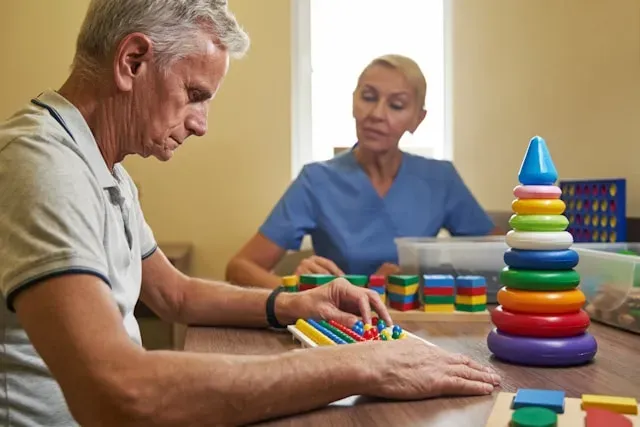
Mental Health Occupational Therapy
Enhance physical wellbeing and address mental health needs through Occupational Therapy.
Get carepatron free
Commonly asked questions
Occupational therapy aids in developing coping skills, enhancing daily functioning, and promoting overall wellbeing in individuals with mental health conditions.
Occupational therapy provides personalized interventions tailored to individual needs, focusing on improving independence and facilitating meaningful participation in daily activities.
Yes, occupational therapists assess a mental health condition by evaluating functional abilities, identifying challenges, and developing appropriate intervention plans.







